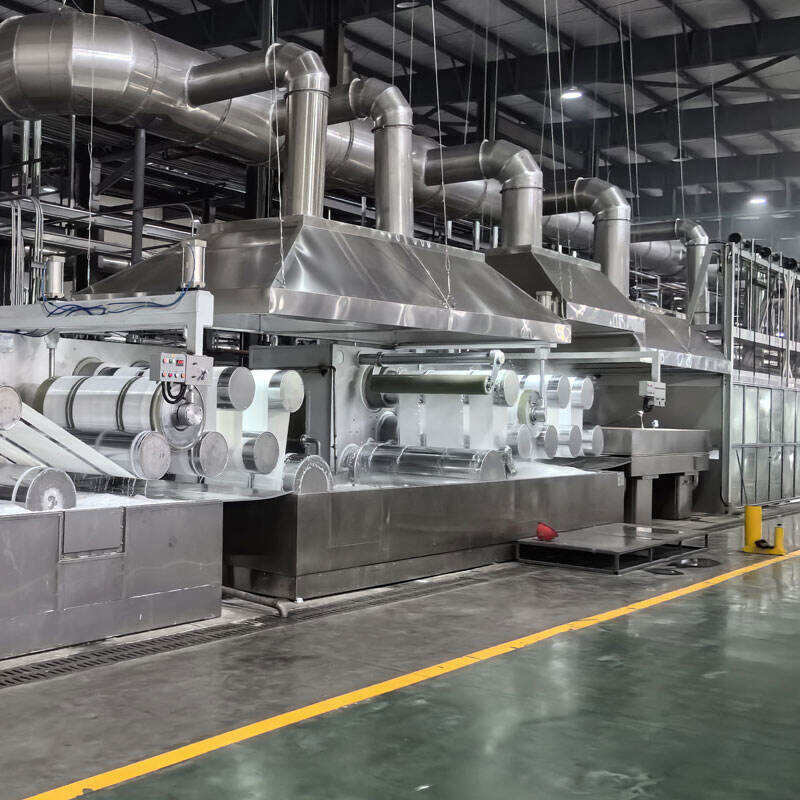Soft Gem | Bicomponent Staple Fiber Unit & One-Stop Service
Soft Gem is your partner for high-quality bicomponent staple fiber units and comprehensive one-stop services. With 30+ years of expertise, we offer the best bicomponent staple fiber units, online quotations, and competitive prices for bicomponent short fiber devices. Our solutions include turnkey plant setups, equipment manufacturing, and technical support for markets in Africa, Russia, Middle East. Explore our range of bi-component, 3D hollow PET, high tenacity, and PLA staple fiber production lines. Trust our 30000㎡ workshop and professional QC team for reliable, innovative fiber production solutions.
Get A Quote
